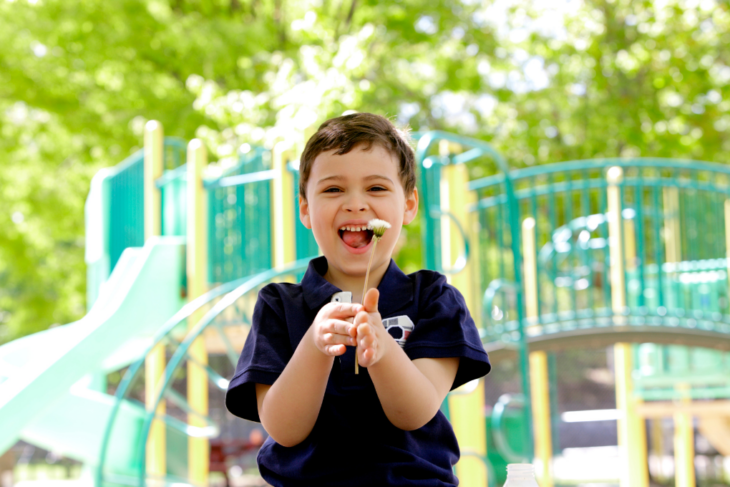Autism Month guest blog

Trigger Warning: this piece contains mentions of trauma; discrimination; addiction; self-harm; and mental health
“We want M-PACT to be a place where autistic support needs are noticed, acknowledged, and met and where neurodivergence is authentically respected and valued. Our programme is about bringing people together in a safe space to explore complex and difficult problems and move forward together. This needs to include everyone fully.
We understand that this can only truly be achieved by taking the time and space to really understand and learn about the autistic experience from autistic people.
We are learning about what accommodations are useful and about how we can meet needs in a bespoke way, depending on what the support needs are of the individual.
We are also learning about our responsibility around enabling autistic people to feel comfortable enough to identify and share the support they may need when many have been masking. This is particularly important for those who have not always had their needs met previously, which can result in trauma and mistrust.
We understand that for many members of our community, their autistic life experience may not be attached to a clinical diagnosis and receiving one can involve many barriers such as stigma, awareness, lengthy diagnostic waiting times with the NHS and many more. We also understand that the inequality in recognition of autism in girls and women can close doors to pursuing a diagnosis.
We are learning that for some autistic people whose support needs are not being met, there can be a significant rise in misdiagnosis, health inequality, mental health needs, self-harm, addictions/self-medicating, and more.
We are understanding more and more about how important it is to learn about the autistic experience and how we can work towards being part of making things better.
#ActuallyAutistic #AutismAwareness #AutismAcceptance #AutismAwarenessMonth
Sources:
- Department of Health, “Six Lives: Progress Report on Healthcare for People with Learning Disabilities” (2013)
- Milner V, McIntosh H, Colvert E, Happé F. A Qualitative Exploration of the Female Experience of Autism Spectrum Disorder (ASD). J Autism Dev Disord. 2019 Jun;49(6):2389-2402.
- The Guardian, “Thousands of autistic girls and women ‘going undiagnosed’ due to gender bias” Hannah Devlin (2018)
© Copyright Yasmin Darling 2023